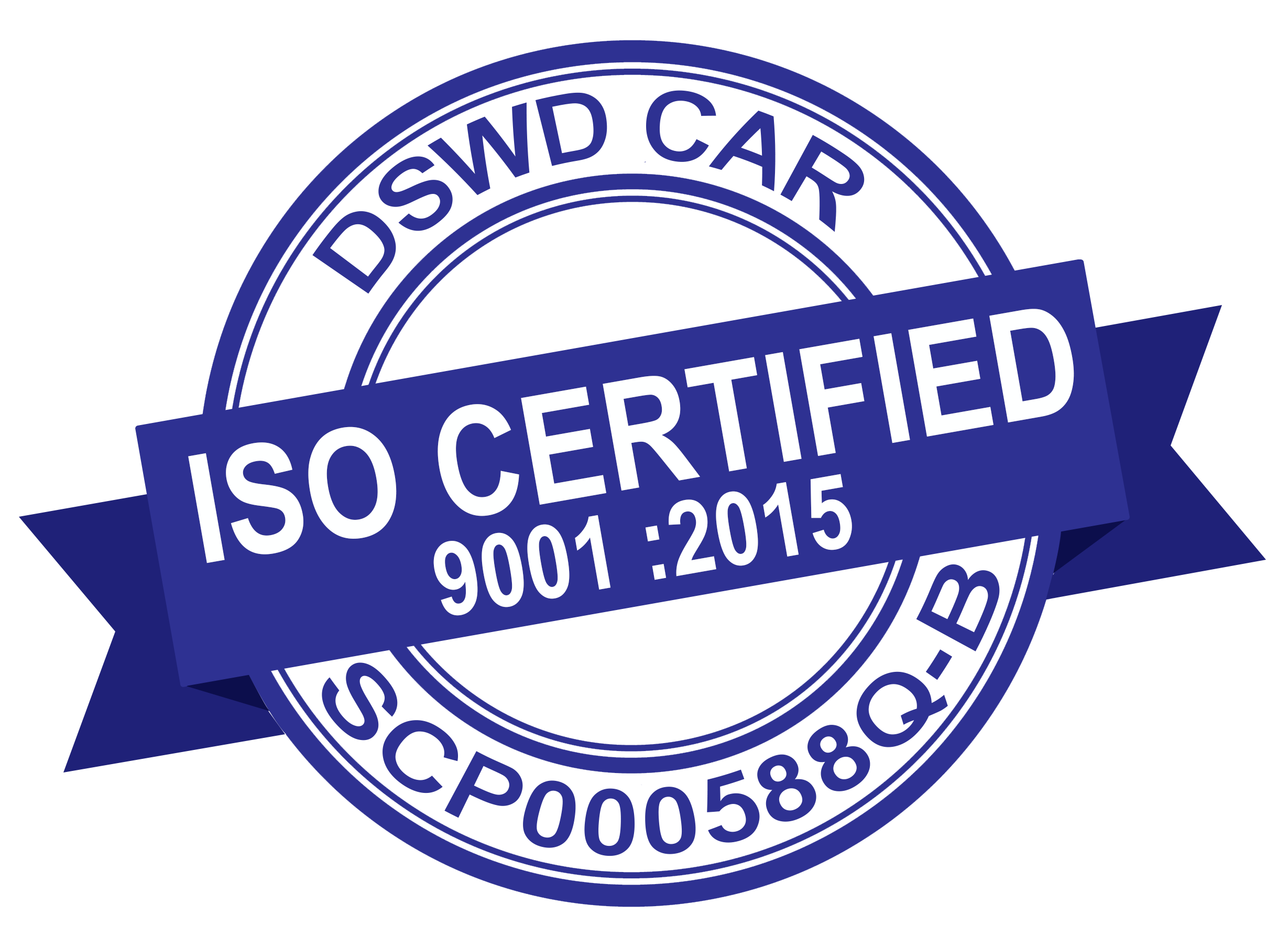Cordillera Administrative Region– The Department of Social Welfare and Development (DSWD) here reiterates the importance of making changes for and with women. This is in line with the celebration of Women’s Month this March.
“We Make Change Work for Women is this year’s theme. This has also been the theme in our 2017 celebration. This only shows our sustained commitment for women-friendly changes”, OIC-Regional Director Janet P. Armas shared.
In 2017, the said theme has been introduced. Philippine Commission on Women (PCW) explains that the theme has its elements and its meaning. In the theme, “We” stands for women empowerment, while the verse “Make Change Work” stands for Magna Carta of Women which with strict implementation and observance can help push for women welfare and empowerment. The word “Change” also means Compassionate and Harmonized Actions and Networks for Gender Equality.
“The same theme is being carried out this year until 2022 to highlight the Government’s pursuit for development anchored on Malasakit at Pagbabago or true compassion and real change as the theme highlights women as contributors and claimholders of development”, Director Armas added.
Consistent with Proclamation No. 227 s. 1988, the annual conduct of the National Women’s Month Celebration (NWMC) aims to give due recognition to the contributions of Filipino women in our society.
Meanwhile, DSWD-CAR has accounted around 188,082 women as poor based on the 2016 Listahanan assessment. Of these, 22,657 are from Mountain Province, 32,050 from Benguet Province, 4,052 from Baguio City, 38,123 are from Kalinga Province, 31,578 from Ifugao Province, 35,311 are from Abra Province and 24,311 from Apayao Province.
With this, DSWD-CAR continues the implementation of various programs and services that are seen to help improve their condition. Services provided include capacity-building activities, livelihood and financial assistance, and skills training, among others.
“We would also like to encourage them to know and avail of their rights. Our legislation has a wide array of laws for their protection such as Republic Act 9262 or the Anti-Violence Against Women and their Children Act of 2004”, Dir. Armas shared.
Though not exclusive for women, Armas also emphasized Republic Act (RA) 8972 or the Solo Parents Welfare Act of 2000. RA 8972 provides information on the benefits and privileges of solo parents and their children. The said law is included as a priority legislative measure under the DSWD Legislative Agenda for the 17th Congress. Amendments of RA 8972 has been proposed through House Bill No. (HBN) 3398, HBN 388, HBN 878, HBN 972, and HBN 1520 which are all pushing for additional grants and benefits for solo parents. While HBN 3034 or an Act Declaring March 21 of Every Year as the National Solo Parents’ Day has been filed by Representative Alfred Vargas. Meanwhile, three bills were also filed in the Senate, including:
- Senate Bill No. (SBN) 243 or an Act Amending Republic Act No. 8972, Otherwise Known as the Solo Parents’ Welfare Act of 2010, Providing for Additional Benefits on Basic Commodities, and for Other Purposes filed by Senator Loren Legarda;
- SBN 715 or an Act Amending Republic Act No. 8972, Otherwise Known as the Solo Parents’ Welfare Act of 2000, by Providing for Additional Benefits and Penal Provision for Violations of the Act filed by Senator Paolo Benigno Aquino IV; and
- SBN 783 or an Act to Further Extend Assistance to Solo Parents Amending for the Purpose Republic Act No. 8972 Otherwise Known as the Solo Parents Welfare Act of 2000 filed by Senator Francis Escudero.
“We will continue our efforts not just in the provision of programs and services but also in assuring that the needs of the marginalized sector, including women, will be provided for. This can be done through our strong partnership with national government agencies, civil society organizations, peoples’ organizations, and with the local government units who are the primary service provider of the marginalized sector”, Armas said.
“DSWD-CAR has various programs and services that can help the Cordillera women. But our partners can also assist them. What they need to do is coordinate or report to their respective local government units through their barangay officials or through the local social welfare and development office. They can also report to the nearest police station in their area for cases involving abuse and violence”, Armas added.
“Working together is the key to make change work for women. We are all responsible and capable of making this happen”, Director Armas shared. # DSWD-CAR, SOCIAL MARKETING UNIT, Nerizza Faye G. Villanueva




